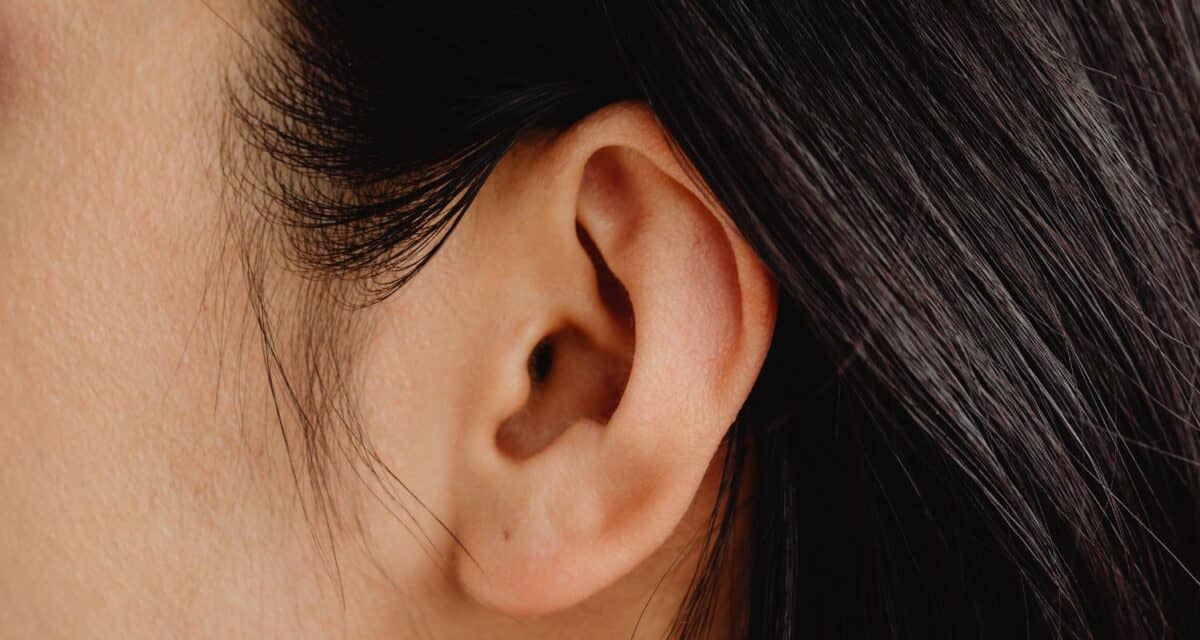Most permanent hearing loss happens slowly over time. It can be caused by getting older, exposure to loud noise for a long time, or a combination of both. Explosively loud sounds can also damage your hearing right away if you hear them all of a sudden.
But what if you suddenly lose your hearing and can’t figure out why? This is called sudden sensorineural hearing loss or sudden deafness, which can happen very quickly. Doctors are still trying to figure out what causes it. Sudden hearing loss can be mild or severe, but in either case, it’s essential to get your hearing checked right away.
The cause of Sudden Sensorineural Hearing Loss (SSHL)
Some people with Sudden Sensorineural Hearing Loss (SSHL) can get their hearing back to normal. The exact cause is still unknown, but doctors have found that when hearing loss happens slowly or all of a sudden, circulation in the inner ear is cut off.
Some researchers think stress and how it affects the circulatory system could be a factor. Other medical conditions could cause sudden deafness, such as a viral infection, a problem with the way blood flows, a spine injury, or an autoimmune disease.
In all but about 10 percent of sudden deafness cases, doctors can’t figure out what caused it. The good news is that the condition can be diagnosed and treated even if the exact cause is not known.
The most common type is sudden idiopathic hearing loss, which means that the cause is unknown or not clear. In other cases, the cause can be found to be stress. Regular exercise is an excellent way to relieve stress, and it also helps improve circulation, which is essential for keeping your hearing in good shape.
Signs of SSHL
A ringing in the ear, called tinnitus, is often one of the first signs of sudden hearing loss or hearing loss for which there is no apparent cause. This can cause pressure or fullness in the ear, dizziness, and trouble keeping your balance. Symptoms usually happen all at once and usually only in one ear. Most of the time, the pain goes away after a few days, but permanent hearing loss can happen in the worst cases.
How do doctors diagnose sudden hearing loss?
Due to the lack of specialized diagnostic tests for SSHL, it can be challenging for doctors and audiologists to figure out if someone has it or not. They will use a process of elimination to rule out other problems, like a blockage or an injury in your ear.
If there are no underlying problems, a pure tone audiometry test will determine if the inner ear is permanently losing hearing. This test measures how specific loud frequencies of sounds need to be for you to hear them. The pure tone test is also used to determine if your hearing loss is in the high, low, or mid-range frequencies. If hearing loss is found, more tests, like blood tests, MRIs, and balance tests, will be done to find out what’s going on.
How do you treat SSHL?
If you think you have sudden hearing loss, you should get your hearing checked as soon as possible by a hearing health care professional. You should also make an appointment with your primary care provider to discuss your symptoms and find out if any other health problems are going on. If your hearing changed suddenly more than a year ago and hasn’t returned to normal, you may need hearing aids to treat the loss.
Blood brings nutrients to the inner ear, and if the blood flow isn’t good, the sensory hair cells in the inner ear can be hurt. Stimulating the blood flow in the inner ear is a treatment that is often helpful. Some medicines have been shown to make the blood flow faster.
Come and see us
The best way to learn more about your hearing health is to come to us for a complete exam. If your hearing suddenly changes, you should get it checked out and treated immediately. Don’t wait if you notice changes from one day to the next. Get in touch with us today to set up a consultation.


